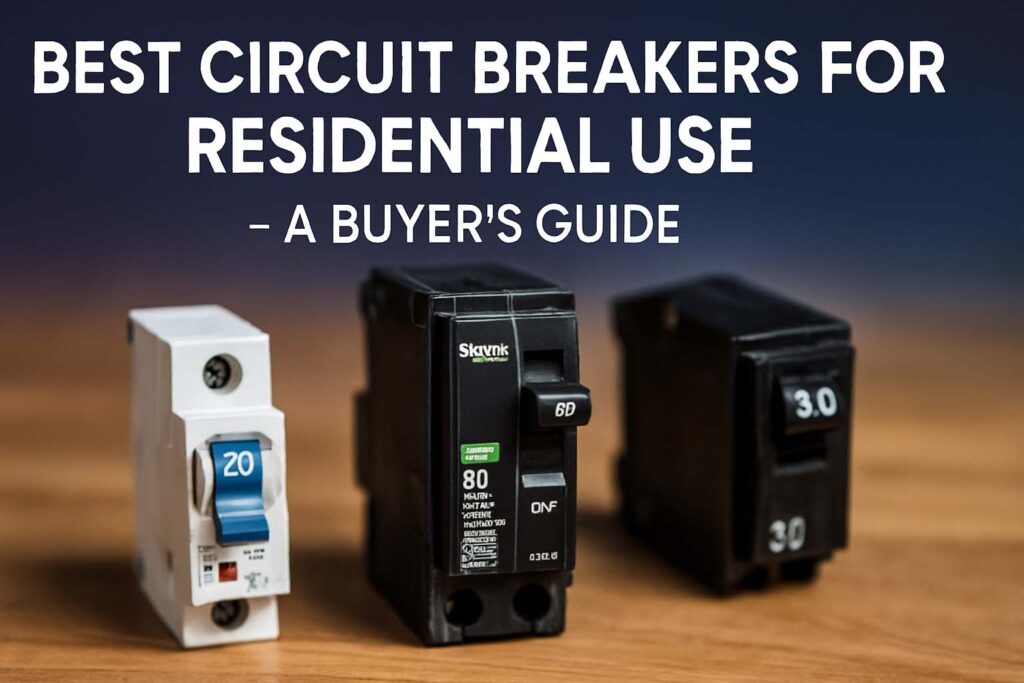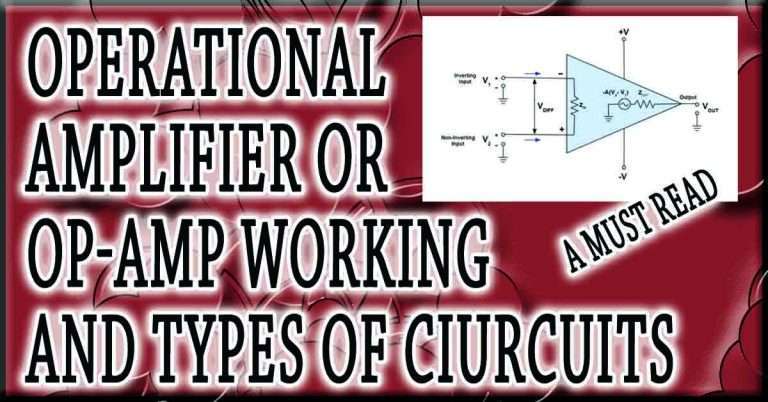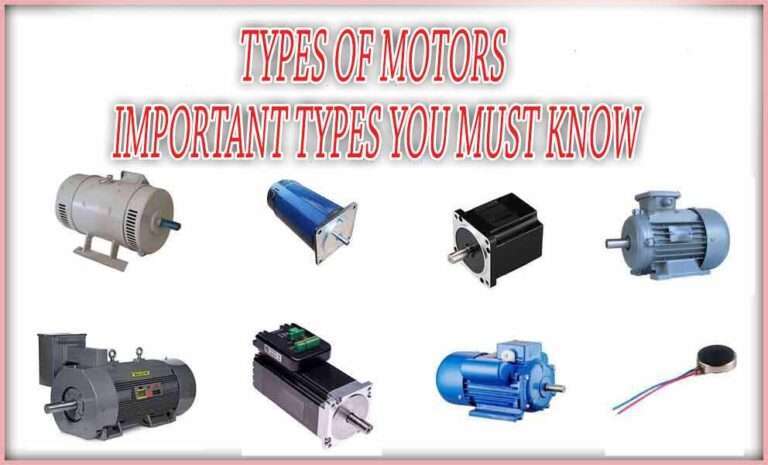Best Circuit Breakers for Residential Use – A Buyer’s Guide
Choosing the best home circuit breaker for your house isn’t just about picking a brand name or the cheapest option. It’s about safety, efficiency, and ensuring your home’s electrical system runs smoothly for years. A residential breaker is the first line of defense in protecting your home from overloads, short circuits, and potential fire hazards.
Table of Contents
Table of Contents

Many homeowners overlook the importance of circuit breakers until there’s a problem. But waiting for something to go wrong isn’t just risky—it can be expensive. With growing electricity needs from devices, appliances, and home automation systems, it’s critical to select a breaker that can handle modern loads.
Whether you’re replacing an old panel or installing a new one in a construction project, this guide will help you make an informed decision. We’ll explore types, features, compatibility, and leading brands that offer the best home circuit breakers for residential applications.
Key Takeaways
- Circuit breakers are essential safety devices that prevent electrical overload and fire.
- The best residential breaker must match your panel, load requirements, and usage patterns.
- Brands like Square D, Siemens, and Eaton lead the market in reliability and compatibility.
Why Circuit Breaker Choice Matters in Residential Systems
Every house runs differently. One may have an EV charger in the garage, while another has a heavy-duty HVAC system. The circuit breaker manages how electricity is distributed and how quickly power is cut when something goes wrong. Poor breaker choices lead to nuisance tripping, overheating, or worse—complete panel failure.
As electricity demand increases in homes due to smart devices, home offices, and electric kitchens, your breaker must be future-ready. Old breakers might not trip properly when overloaded, especially if they have corroded internal parts.
Use our online tool Wire Size Calculator by Load and Length – Accurate Amp Sizing for Home Wiring
What Makes the Best Home Circuit Breaker?
Not all breakers are created equal. The best home circuit breaker has high interrupting capacity, thermal-magnetic protection, a long lifecycle, and compatibility with your panel board. They must also comply with standards set by NEC (National Electrical Code) and UL listings.
Key features to look for include:
- Amperage rating (typically 15A, 20A, 30A for homes)
- Voltage capacity (usually 120/240V in residential applications)
- Trip mechanism (thermal, magnetic, or dual)
- Mounting style (plug-in, bolt-on, or clip-on)
- Brand compatibility (you can’t always mix different brands)
Common Types of Residential Breakers
Let’s look at the types you’ll encounter when buying for your home.
| Type | Description |
|---|---|
| Standard Single-Pole | Handles 120V loads. Used for lights, outlets, and small appliances. Rated 15–20A. |
| Double-Pole | Controls 240V circuits like dryers and water heaters. Rated 20–60A. |
| GFCI Breaker | Protects from ground faults. Required in bathrooms, kitchens, outdoors. |
| AFCI Breaker | Protects from arc faults (wire damage). Now mandatory in many residential areas. |
| Dual Function | Combines AFCI + GFCI protection. Saves panel space. |
| Miniature Breaker | Compact and often used in tight spaces or sub-panels. |
Understanding the type of circuit you need helps you match it with the right breaker. Don’t oversize a breaker “just in case”—it defeats the purpose and becomes dangerous.
Know more about How to Use Megger Insulation Tester 5000V: Complete Guide
Best Home Circuit Breaker Brands in the Market
Here are the top-rated brands known for producing residential breakers that are reliable, compatible, and long-lasting.
1. Square D by Schneider Electric
A favorite among electricians. Square D breakers offer excellent build quality and are compatible with QO and Homeline panels. The QO line includes a visible trip indicator, making troubleshooting easier.
Pros:
- Trusted name in electrical safety
- Compact size
- Easy installation
Best For: General home use and renovation upgrades
2. Siemens
Siemens breakers are known for durability and flexibility. Their breakers include standard, GFCI, AFCI, and dual-function models. Widely available and compatible with Siemens panels and load centers.
Pros:
- Long service life
- Smooth tripping mechanism
- Value for money
Best For: Smart home upgrades and safety-focused homeowners
3. Eaton (Cutler-Hammer)
Eaton makes both plug-in and bolt-on residential breakers. Their CH series is highly reliable and features trip indicators. Eaton also offers advanced AFCI and GFCI breakers.
Pros:
- Wide range of sizes and types
- UL certified
- High interrupting capacity
Best For: Homes with mixed load types or older wiring
Know more about Motor Protection Circuit Breaker vs Overload Relay
4. GE (General Electric)
GE breakers are less common in new builds but still widely supported in existing panels. They produce quality breakers that last long if used within spec.
Pros:
- Affordable
- Easy to find replacements
- Stable performance
Best For: Replacing breakers in older homes
5. Leviton Smart Load Center Breakers
Leviton offers smart residential breakers with Wi-Fi monitoring via mobile apps. They are a premium option but provide usage tracking, trip alerts, and real-time control.
Pros:
- Remote monitoring and diagnostics
- Excellent for energy-conscious homes
- Advanced safety features
Best For: Modern smart homes and energy optimization
How to Choose the Best Residential Breaker for Your Needs
Choosing the best home circuit breaker depends on the following:
1. Panel Compatibility
Not every breaker fits every panel. Always check the label inside the panel door or consult the manufacturer’s list of compatible breakers.
2. Load Calculation
Match the breaker’s amperage rating to the connected load. Oversizing leads to fire risk; undersizing causes nuisance trips. Here’s a general formula:
Breaker Size (Amps) = Total Load (Watts) ÷ Voltage × 125% (safety factor)
Example:
For a 1500W appliance on a 120V circuit:
1500 ÷ 120 = 12.5A × 1.25 = 15.6A, so you need a 20A breaker.
3. Safety Code Requirements
Use GFCI in bathrooms, kitchens, laundry, outdoors. Use AFCI in living rooms, bedrooms, hallways. Some codes require dual-function breakers in newer homes.
4. Installation Method
Do you want plug-on neutral? Do you need bolt-on types for a sub-panel? Consider ease of installation and replacement in future upgrades.
Breaker Sizing Table for Common Residential Circuits
| Appliance or Load | Breaker Size | Breaker Type |
|---|---|---|
| Lights & Outlets | 15A | Single-Pole |
| Kitchen Receptacles | 20A | Single-Pole, GFCI |
| Electric Water Heater | 30A | Double-Pole |
| Central Air Conditioner | 40A–60A | Double-Pole |
| Clothes Dryer | 30A | Double-Pole |
| Microwave/Oven | 20A–30A | Single-Pole |
| Garage/Outdoor Circuit | 20A | GFCI or Dual-Function |
| Bedroom Circuits | 15A–20A | AFCI |
Common Mistakes to Avoid
Using Wrong Brand: Even if it fits physically, mixing brands voids UL approval and may cause failure.
Oversizing Breakers: Protecting a 14-gauge wire with a 30A breaker can melt wires before it trips.
Not Upgrading to AFCI/GFCI: Old standard breakers don’t detect arcs or ground faults, risking fire and shock.
When Should You Replace Your Residential Breakers?
- Frequent tripping without load increase
- Breaker feels hot to the touch
- Buzzing or clicking sounds from panel
- Old breakers with visible rust or corrosion
- Upgrading home appliances or HVAC systems
In general, if your panel is 20+ years old, a full upgrade is worth considering. Modern breakers are not only safer but more efficient.
Final Thoughts – Choosing the Best Circuit Breaker for Home Use
Your home’s electrical system deserves attention just like any other part of your property. The best home circuit breaker isn’t the cheapest one at the hardware store—it’s the one that matches your home’s unique load profile, panel type, and safety needs.
As a rule of thumb, always prioritize breakers from reputable brands, verify compatibility, and consider upgrading to AFCI or dual-function breakers if your panel allows. Consult an electrician if unsure—breaker errors aren’t worth the risk.
Follow Us on Social:
Subscribe our Newsletter on Electrical Insights for latest updates from Electrical Engineering Hub
#circuitbreaker, #residentialelectrical, #homewiring, #electricalsafety, #breakerpanel, #bestcircuitbreaker, #homeelectric, #mcb, #electricalinstallation, #loadcenter, #homemaintenance, #electricalupgrade, #circuitprotection, #electricalproducts, #electricaltips


